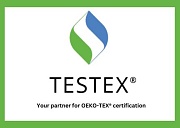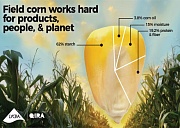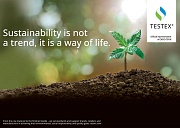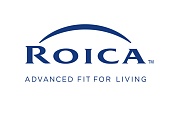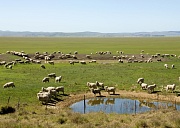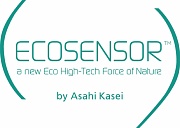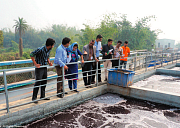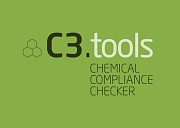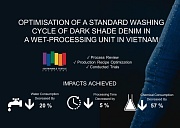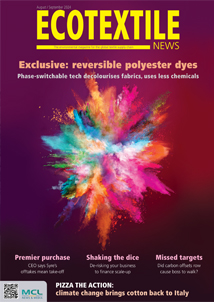What if organizations would not only save money by establishing better business practices, but society would also visibly benefit from the actions of a company?
A profitable return on investment (ROI) is a convincing pull factor for organizations to change their systems or processes. If machines need to be replaced anyhow and amended regulations require a chemical substitution, do these changes contribute to a company’s corporate social responsibly achievements?
ROI reflects future value for shareholders. Should there be an ROI for doing the right thing? Can we quantify value that does not solely enrich the corporation, but is also distributed among society? In a world where cutting corners in the name of reducing cost seems to be a business norm, has sacrificing the bottom line become a red line?
2020 has developed into one of the most difficult years for businesses everywhere. The good news is that companies are still being pushed to be more environmentally aware and are being held accountable for actions that impact the environment.
However, now it is time to progress from reducing negative impact to creating and accelerating positive impact.
Conventional accounting is limited by its critical inability to effectively reflect the full costs and benefits of production. Price distortion occurs when the incentives of business activities inadvertently undermine the basis for wealth creation. These incentives affect workers throughout the supply chain, but are not passed on to the end customers.
Company Route 2 provides a way to quantify and evaluate the impacts of an organization’s activities and processes: the Total Capital Accounting Framework. This evaluation results in a positive or negative monetary value, the Value to Society. The Value to Society calculation is based on how the production and manufacturing choices of a company affect society, not the company. The premise, put simply, focuses on how the activities of a company affect people and the planet.
This calculation overcomes the shortcomings of economically based metrics that have traditionally evaluated the success of a company. Value to Society identifies external factors that would otherwise not be considered in a financial forecast, creating a human dimension to wealth creation.
Bluesign has taken a momentous first step in calculating our Value to Society.
We have calculated the impact on the environment, or Natural Capital, of 187 bluesign® SYSTEM PARTNER synthetic fiber manufacturers compared to non-system partner plants.
Through the Impact Valuation Framework, it is estimated that Bluesign has contributed a total of CHF 519 million of Natural Capital Value to Society.
This value is calculated from the following impact reductions:
The 187 assessed plants reduced water consumption by 64 billion liters, equivalent to CHF 73 million. As a second contribution factor, they avoided a total of 55 billion liters of water pollution, equivalent to CHF 152 million. Finally, they reduced electricity consumption by 4.5 billion kilowatt-hours through the implementation of BAT practices, contributing to a reduction of 3.8 million kilograms of carbon dioxide emissions, equivalent to CHF 294 million.
These calculations are only a reflection of the benefits of clean business practices for the environment. In the next step, the calculation will be extended to include health benefits for people in society, which will exponentially increase the total value.
Value to Society aims to shift the mindset from focusing on economic value to understanding the true cost of doing business. It is also intended to encourage companies to think in terms of value to society instead of incurred costs.
Just as companies publish yearly financial reports for shareholders, Value to Society can become another evaluator in which organizations can create indicators for how they are performing. Sustainability reports and environmental key performance indicators (eKPIs) for companies have become an accepted part of long-term financial planning for investors and consumers alike. We predict that a company’s Value to Society will become a strategic KPI.














